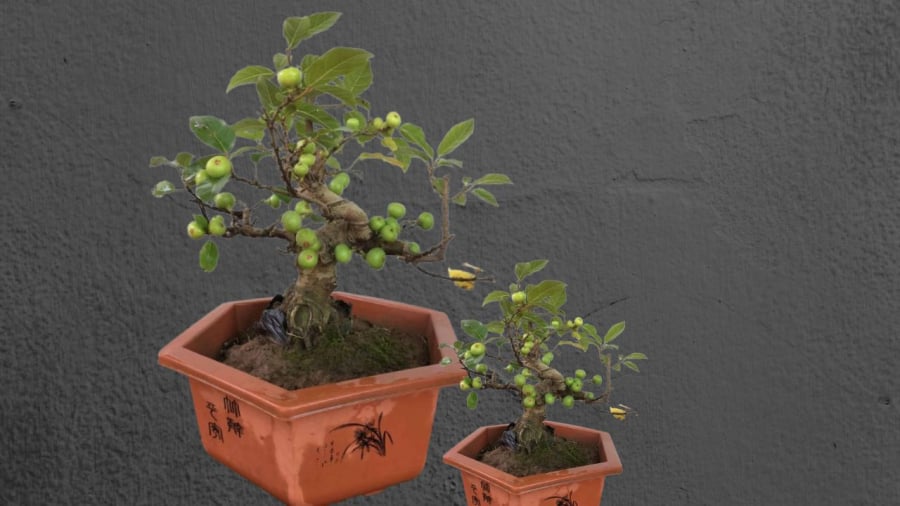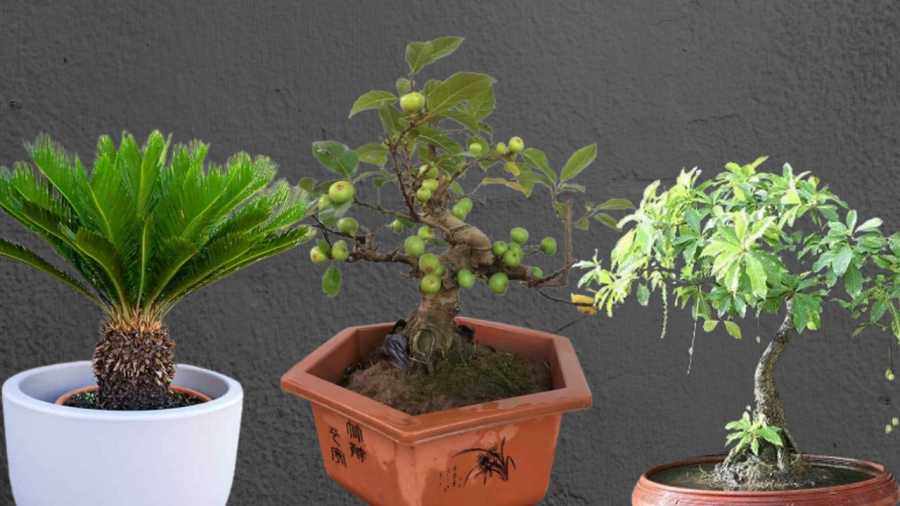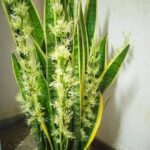The mulberry tree is an unassuming plant that was once commonly found growing wild by ponds or as a domesticated bonsai tree. In recent times, the mulberry tree has taken on a new significance in feng shui, symbolizing abundance and prosperity. With its abundant fruit-bearing capacity and year-round harvest, the mulberry has become a popular choice for bonsai enthusiasts. The round fruits of the mulberry tree represent fullness and abundance, and in feng shui, the tree itself signifies blessings.

The Mulberry Tree: A Symbol of Good Fortune in Feng Shui
Ideal Placement for the Mulberry Tree
Given the potential size of a fully grown mulberry tree, it is important to consider its placement carefully. When planted in a pot as a bonsai, it is best suited for areas like the front of the house, balcony, or porch. If you choose to plant it directly in the ground, avoid blocking the entrance of your home as the tree can grow quite large and may cause damage to walls.
Traditionally, it is believed that planting a mulberry tree along with two other specific trees, the Cycas revoluta and the Fukien tea tree, creates a trio known as the “Three Abundances.” This combination is thought to bring good fortune, happiness, and longevity to the family.

The Three Abundances: Mulberry, Fukien Tea, and Cycas revoluta
The Three Abundances arrangement not only carries the individual meanings of each tree but also symbolizes a harmonious and prosperous family life. It is believed to attract wealth and blessings from above, bringing good luck and a balanced life to all family members.
This trio of trees also represents the pursuit of balance in life, akin to the stability of a three-legged stool. In folk belief, this balance is essential to a fulfilling life, preventing an excessive focus on any one aspect, such as career success, at the expense of health or family happiness. The ancient philosophy emphasizes the importance of equilibrium, where wealth is accompanied by peace and joy, and good health allows one to truly savor life’s blessings.
Feng shui-inspired harmony brings a sense of ease and energy balance to homeowners, fostering a peaceful and stable environment. This balance encompasses various aspects of life, including work, finances, reputation, happiness, and health, ultimately contributing to a fulfilling and contented life. In the philosophy of the five elements, balance is not solely about harmonious interactions but also about maintaining equilibrium through both positive and negative interactions. In feng shui, planting these three trees together to form the Three Abundances is considered the optimal arrangement for bringing harmony to your home.
This information is for reference only






































